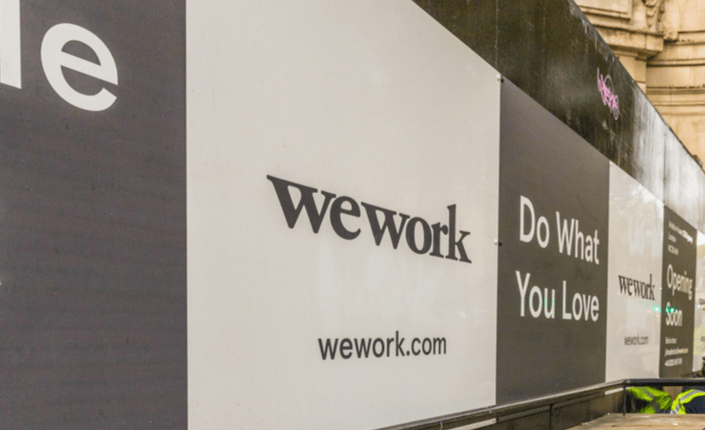
Flexible working space aggregator giant, WeWork, is contemplating cutting its $47 billion valuation in half. Does this spell trouble for others in the sector?
Since the start of 2019, WeWork’s lofty $47 billion has been a fixture of fascination — how could an unprofitable startup be worth more than 15 times its revenue?
Believers of that stratospheric valuation got a reality check this week when reports emerged that WeWork’s parent company was considering halving its valuation to around $20 billion for its impending public offering.
For other real estate tech startups that are yet to turn a profit but have generated hype by achieving valuations linked traditionally to pure-play tech companies, WeWork’s valuation chop could spell trouble.
“We’ve learned this lesson several times through 2019 IPOs, and it looks like we are learning it again: The public markets don’t have appetite for companies that lose a lot of money,” said Brad Hargreaves, the CEO of co-living startup Common.
WeWork’s unprecedented valuation, driven by gargantuan investments from Japanese conglomerate SoftBank, has created a schism in the proptech sector, where some reject the premise that the startup is a tech company at all, and therefore should not be valued like one. (IWG, a publicly-traded company formerly known as Regus, has a similar number of desks as WeWork, but has a market capitalization at $4.6 billion.)
“At its core, [WeWork] is a property company, not a tech company,” said Jeff Berman, a general partner at Camber Creek, a venture capital firm that has invested in more than two dozen real estate tech startups. “And it should be valued accordingly.”
When considering if a startup is a tech company, Berman said companies are split into two categories: those that use tech to enable a service (a tech company), and those that use tech to complement a service (not a tech company.)
Read more here
Join us November 12-15 for the Property Portal Watch Conference Madrid 2019.